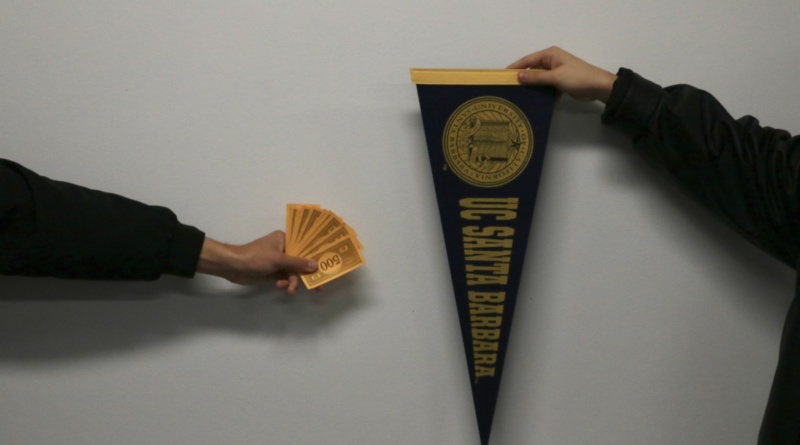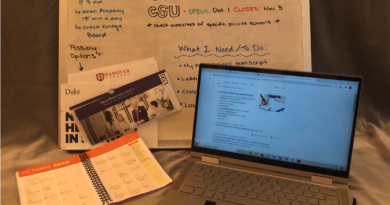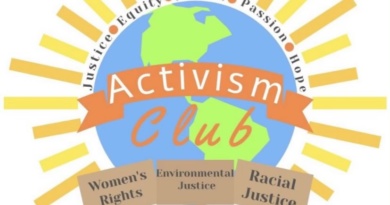College counselors pose equity problem among students
PHOTO: The price of a college counselor range from $120-200 an hour.
By Alex Miyamoto and Jake Schaal,
BlueDevilHUB.com Staff–
With college application rates skyrocketing in recent years, students are left scrambling to apply to universities and holding their fingers crossed, hoping to get into their top choice.
According to College Board, the Common Application saw a “ 24% surge of applicants from 2019-20.” UCLA fell 6% in acceptance rate points from 2016-2020.
The steady decline in admission rates and the rise in applicants is partly due to the fact that standardized testing has become less standardized.
Students no longer have to reach a certain SAT score in order to apply to UC’s, CSU’s and other schools across the country. UC’s and CSU’s have stopped using SAT and ACT tests altogether, while other schools provide an option to submit one.
Instead of test scores, students have shifted their efforts towards campaigning a standout application. “I’ve been working on my applications since December of my junior year,” Davis High senior Ethan Lujan said.
In order to excel in the application process, many students look to college counselors for help.
Heather Keddie is a college counselor in Davis and is in the process of helping current seniors. Keddie describes herself as an, “extra set of eyes to read your essays and proofread your application.” She helps students make informed decisions about choosing a college or a major.
“Information matters,” said Michal Kurlaender, a professor at UC Davis who works in college accessibility. Applications can be complicated at times and Kurlaender believes that, “having the support of counselors or knowledgeable peers can simplify that process.”
Lujan has had a college counselor since he began his application process. “She’s helped me alot… writing strong essays… and keeping me on track with my deadlines,” Lujan said.
The competitive nature of applying to colleges has led to an increase in the number of students that are willing to pay for college consulting.
According to a recent survey taken by the Independent Educational Consultants Association, 26% of high school students have a college counselor.
However, accessibility to these resources pose an equity issue.
“When there is unequal access to helpful resources, then there is a risk of disadvantage,” said Renetta Garrison Tull, UCD vice chancellor of diversity, equity and inclusion.
Students who are economically disadvantaged do not have the same level of access to these resources when going through the application process.
The average price of a college counselor in Davis is $120-200 an hour. “Counselors are not distributed equally,” Kurleander said.
“It’s essentially pay to ‘win’,” Lujan said.
According to Kurleander, “we do a lot to ensure that low-income students have access to (resources) as much as possible but they’re hardly equalized.”
She explains that college counselors “present a real equity dilemma for students and for their families because those resources are not distributed equally.”
UC Davis Chancellor Gary S. May believes counselors are not the only way to receive information. “Students can work with a teacher, a family member, and even a private counselor if that is possible, to understand the (whole) process.”
May recommends the Early Academic Outreach Program. The EAOP is a program that is accessible to all students and aids the participant in creating a competitive college application.
According to the EAOP website, the program “prepares well-rounded participants who have the ability to succeed academically.”
Senior Dakota Rutherford has been working on her application since the summer but doesn’t feel the need to have a college counselor. She receives from her older siblings.
“My sister has already been through the process so she helps me alot,” Rutherford said.
Although equity issues regarding college applications have surfaced in recent years, May is hopeful that the problem is improving. “you have access to these tools using devices that fit in your pockets. There are still equity issues, don’t get me wrong, but overall there have been good improvements in terms of access to information.”
Tull also believes that there should be better resources to aid students in the college process directly at school. “When resources such as counseling for college are available to the public through schools and other public resources, then it can narrow the opportunity gap.”




